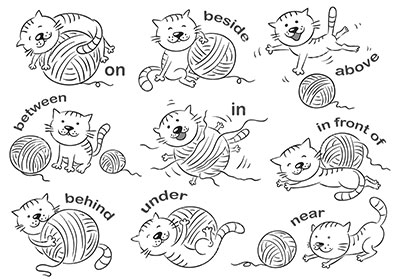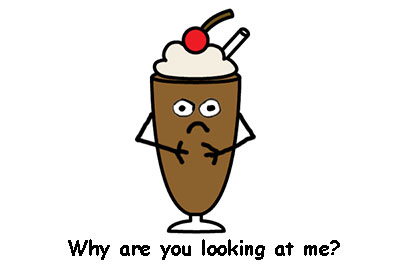
In my previous post, I wrote about difficulties that may arise when using the prepositions/prepositional phrases “in,” “on,” “into,” “in to,” “onto” and “on” to as well as confusion about in vs. within and expressions using the prepositions in and on. In this month’s post, I will continue my discussion of pesky prepositions and expressions with a few more sets of confusables.
Get a free sample proofread and edit for your document.
Two professional proofreaders will proofread and edit your document.
Beside vs. Besides
These two very similarly written words can be confused, but in fact their meanings are quite different. “Beside” is a preposition that means “next to.” “Besides” can be a preposition meaning “in addition to” or “other than” or an adverb meaning “furthermore” or “moreover.”
In each case you can substitute the word’s meanings and come up with a perfectly fine equivalent sentence:
Choosing between beside, besides, and their equivalent phrases is a matter of formality. Beside is more equivalent than next to. Furthermore and moreover are more formal than besides, but in addition to and other than are less formal than besides.
Between, in Between, and in-Between
Some words are tough to define without using a circular definition and “between” is one of them. Between is a preposition meaning “in the space” or “time separating (I had to stop myself from using between instead of separating!) two other spaces or times.” “In between” means more or less the same thing, but should only be used in cases where it does not have an object. So, we have:
In this sentence, “the flour and the oatmeal” is the object. A sentence without an object looks like this:
So pretty much in all cases, except those where it falls at the end of the sentence without an object, between is what you need.
I’ve left discussion of “in-between” separate because this is an adjective or noun meaning intermediate:
Of vs. Have
Only one of these words is a preposition: of. It has many meanings, including “about” (a book of cats), “by“ (the poetry of Walt Whitman), “before” (ten minutes of two), “from” (died of COVID), “in a relative position from” (south of the border), and more. [Why is it these little words that are so tricky?!]
However, “have” is not a preposition at all; it is a verb (I have a piano) and an auxiliary verb (She should have been here by now).
The reason I include have in a discussion of prepositions is that of is often incorrectly used in place of the full or contracted form of auxiliary have. The following sentence is correct:
But the following is never, ever correct:
Since and Because
Per Merriam-Webster’s dictionary, “since” wears a few grammatical hats, including that of adverb, conjunction, and preposition. It is commonly used in expressions of time (since ten o’clock; since I was a kid) and in a meaning like “because” (Since you’re here, will you help me move the bookshelf?)
It is this latter type of sentence that can be problematic because the APA style guide recommends using only the more precise because in such a sentence and saving since for sentences dealing with time. So, per APA, the following sentences are preferred:

Prepositions can be tricky little words for native speakers and language learners alike. Due to language change, they can now be used at the ends of sentences (see our post “5 Obsolete Grammar Rules”) but there are still many rules and meaning distinctions to be aware of so your writing, and speaking, is as polished as can be.
And if you’d like a little help sorting out the “betweens” from the “in-betweens,” we at ProofreadingPal are here to help with all your questions. We even offer free samples.
Sarah P.
Get a free sample proofread and edit for your document.
Two professional proofreaders will proofread and edit your document.
Get a free sample proofread and edit for your document.
Two professional proofreaders will proofread and edit your document.
We will get your free sample back in three to six hours!